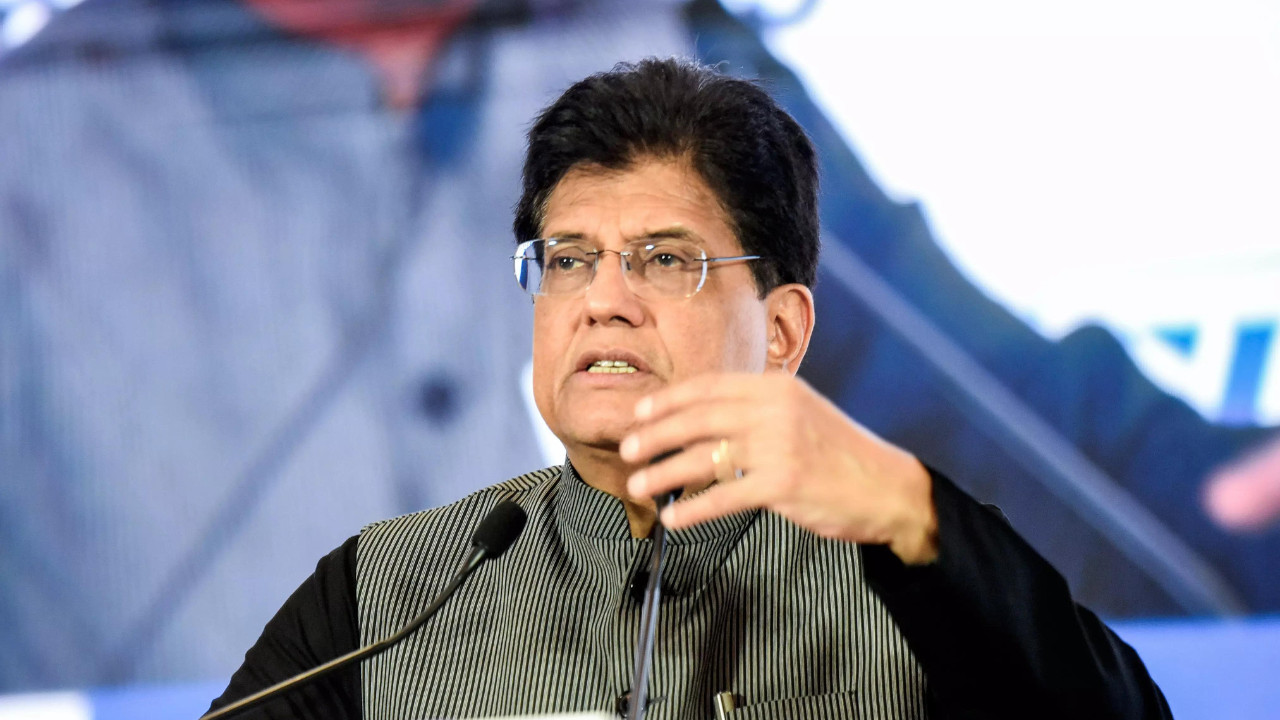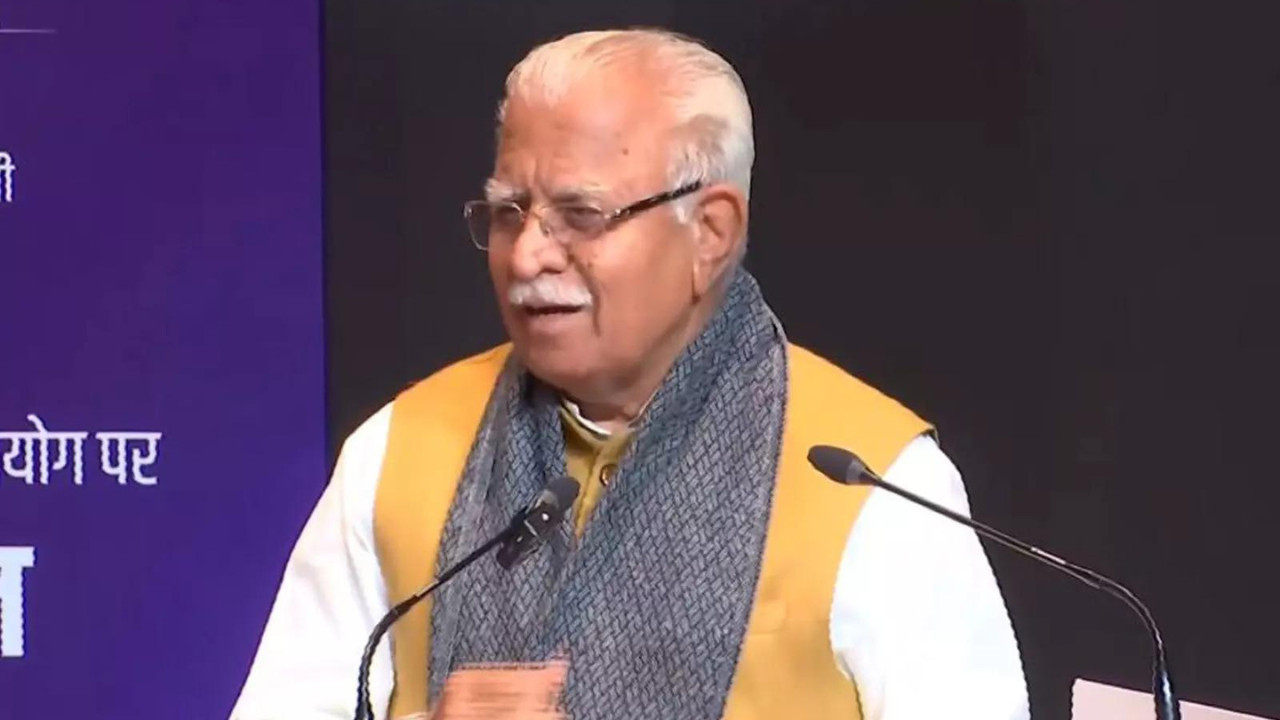The End of Anti-Profiteering: What It Means for Your Wallet
The GST era has been a wild ride, hasn’t it? From initial confusion to (relative) stabilization, businesses and consumers alike have been navigating the nuances of this unified tax system. One aspect that stirred significant debate and action was the anti-profiteering mechanism. But, as the saying goes, all good things (or controversial ones, at least) must come to an end. It seems the government has decided not to resurrect these rules. So, what does this mean for you, the everyday consumer, and for the businesses operating in India?
For those unfamiliar, the anti-profiteering rules were designed to ensure that businesses passed on the benefits of reduced GST rates or input tax credits to consumers. Imagine a scenario: a restaurant’s input costs decrease due to lower taxes, yet they continue charging the same high prices. That’s precisely what these rules aimed to prevent. The National Anti-Profiteering Authority (NAA) was established to investigate complaints of alleged profiteering and take corrective action, which could include penalties and even ordering businesses to reduce prices.
The NAA’s tenure officially ended in 2022, and there’s been considerable speculation about whether the government would extend or revive these rules. Now, it appears the speculation can be put to rest. Government sources have confirmed there are no plans to reinstate the anti-profiteering provisions under GST. This decision marks a significant shift in the government’s approach to ensuring fair pricing under the GST regime.
But why this decision? One perspective suggests the government believes the market has matured enough under GST. The initial period required active intervention to ensure businesses understood and complied with the new rules. Now, with increased awareness and competition, the market is expected to self-regulate to a greater extent. Also, the NAA itself faced criticism. Businesses often complained about the complexity of compliance and the ambiguity in interpreting what constituted “profiteering.” The process of investigation and adjudication could also be lengthy and cumbersome.

So, what happens now? Will businesses suddenly start hiking prices with impunity? Probably not. Several factors are still in play. Firstly, market forces remain a powerful regulator. In a competitive environment, businesses are constantly vying for customers. Radically increasing prices could drive customers away, especially with increased consumer awareness and comparison shopping facilitated by the internet.
Secondly, other consumer protection laws remain in effect. Consumers can still seek redressal through consumer courts if they feel they are being unfairly charged or exploited. While the NAA specifically addressed GST-related profiteering, broader consumer protection laws cover a wider range of unfair trade practices.
Thirdly, the GST Council continues to monitor the impact of tax rate changes and can still intervene if it observes widespread profiteering. While the NAA is not being revived, the government isn’t completely abandoning its oversight role. The Council can still issue advisories or take other measures to address specific instances of unfair pricing.
The government likely believes that a more hands-off approach, coupled with robust consumer awareness and existing consumer protection mechanisms, is sufficient to maintain price stability and prevent widespread anti-profiteering. They may also be banking on increased tax compliance and a more stable GST system to naturally deter businesses from engaging in unfair practices.
It’s also important to consider the administrative burden on businesses. Constant monitoring and reporting to prove they aren’t profiteering can be a significant drain on resources, especially for smaller enterprises. Removing this burden allows businesses to focus on growth and innovation, potentially benefiting consumers in the long run. We’ve written about similar challenges previously in our article on [GST compliance for small businesses](internal-link-to-related-article).
In conclusion, the decision not to revive the anti-profiteering rules is a calculated move, signaling a shift towards a more market-driven approach within the GST framework. While some may fear this could lead to price gouging, the government seems confident that market forces, existing consumer protection laws, and the GST Council’s oversight will be enough to safeguard consumer interests. The real impact of this decision will unfold over time, but one thing is certain: consumers need to stay informed, be vigilant, and exercise their rights to ensure they are getting a fair deal.







